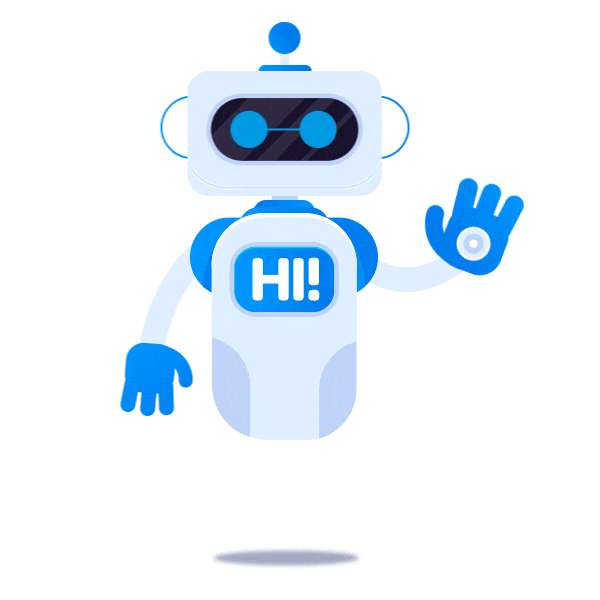1. Contextual Understanding: Human editors bring a wealth of contextual understanding to the editing process, allowing them to discern subtle nuances in tone, pacing, and delivery that AI algorithms often overlook. They possess the innate ability to interpret the underlying meaning behind spoken words, identifying moments of humor, emotion, or significance that require special attention. Whether it's preserving the authenticity of a heartfelt anecdote or enhancing the impact of a punchline, human editors possess the discernment and empathy needed to elevate the listening experience.
2. Creative Vision: Editing isn't just about removing mistakes; it's about enhancing the narrative flow, enhancing the audio quality, and creating a cohesive listening experience from start to finish. Human editors approach each project with a creative vision, applying their expertise in audio engineering, storytelling techniques, and pacing to craft podcasts that engage and enthrall listeners. They have the ability to add subtle touches, such as sound effects, music cues, and transitions, that enrich the storytelling and immerse listeners in the narrative. This creative flair is something that AI algorithms, bound by rigid programming, struggle to replicate.
3. Quality Assurance: One of the most significant advantages of human podcast editing is the assurance of quality. Unlike AI algorithms, which operate based on predefined parameters and patterns, human editors have the capacity for critical thinking and judgment. They meticulously review each edit, listening for imperfections, inconsistencies, and artifacts that may detract from the overall listening experience. Human editors can detect subtle nuances in audio quality, such as background noise, mic pops, and sibilance, and employ specialized techniques to mitigate them, ensuring that the final product meets the highest standards of excellence.
4. Adaptability and Flexibility: Another key advantage of human podcast editing is its adaptability and flexibility. Human editors can adapt to the unique needs and preferences of each podcast, tailoring their approach to align with the creator's vision and style. Whether it's adjusting the pacing to maintain audience engagement, fine-tuning the audio to enhance clarity, or experimenting with creative editing techniques to convey a specific mood or atmosphere, human editors have the versatility to adapt their process to suit the demands of any project. This adaptability allows for greater customization and personalization, resulting in podcasts that feel authentic and distinctive.
5. Emotional Connection: At its core, podcasting is about forging connections—between creators and listeners, between ideas and emotions, between storytellers and their audience. Human podcast editing adds a layer of emotional resonance that transcends mere technical proficiency. Human editors understand the power of storytelling to evoke emotions, provoke thought, and inspire action. They strive to create podcasts that resonate on a deeper level, fostering meaningful connections and leaving a lasting impact on listeners. This emotional connection is the essence of great podcasting, and it's something that no AI algorithm can replicate.

